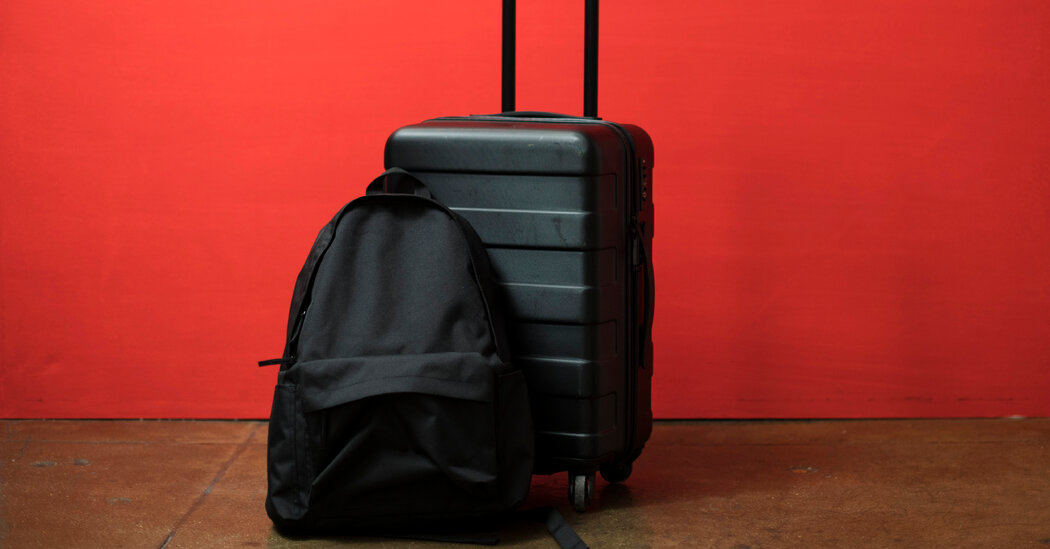By ELAINE KURTENBACH, Related Press Enterprise Author
BANGKOK (AP) — U.S. President Joe Biden’s determination to reject a bid by Nippon Metal to amass U.S. Metal on nationwide safety grounds isn’t the primary time friction over commerce and funding has irked Washington’s closest ally in Asia.
There have been loads of scraps over commerce previously few a long time, and Secretary of State Anthony Blinken sought to easy ruffled feathers in a go to to Tokyo on Tuesday.
Nippon Metal Chief Govt Eiji Hashimoto mentioned the highest Japanese steelmaker was standing agency on its proposed $15 billion pleasant acquisition. Nippon Metal and U.S. Metal filed a federal lawsuit difficult the Biden administration’s determination.
However the assertion that the proposed deal may threaten U.S. nationwide safety has stung.
Many in Japan see the choice as a betrayal by Washington after a long time of U.S. strain to elevate obstacles to funding and commerce. The timing doesn’t assist, with Japanese companies already bracing for probably damaging tariff hikes as soon as President-elect Donald Trump takes workplace.
Japanese Prime Minister Shigeru Ishiba was blunt in warning that spoiling the deal may damage Japanese funding within the U.S.
Listed below are some key points at stake:
Making good
Whereas in Tokyo in a farewell tour earlier than Biden leaves workplace, Blinken advised reporters he believes that through the previous 4 years the alliance with Japan has “grown stronger than it’s ever been before.” Japan and the U.S. are mutually the biggest buyers in one another’s economies, he famous, “strengthening the foundation for many years to come.” Japan’s Overseas Ministry mentioned in a press release that the U.S. Metal determination got here up throughout Blinken’s assembly with Overseas Minister Takeshi Iwaya. Nevertheless it mentioned solely that the 2 sides had “reaffirmed the importance of Japan-U.S. economic relations, including investment in the U.S. by Japanese companies.”
Harsh phrases
Earlier than Blinken’s go to, Ishiba, who has struggled to construct help and momentum since he took workplace in October, was emphatic.
“As for why national security was cited as an issue, it must be clearly explained. Otherwise, future discussions on the matter will come to naught,” he mentioned Monday. “No matter how much we are an ally, I believe that the points I have just made are extremely important for our future relations.”
He mentioned, “It is an unfortunate fact that Japanese industry has voiced concerns about future investment between the U.S. and Japan. We have to take this very seriously.”
US-Japan alliance
Japan is the most important and most essential U.S. ally in Asia, a relationship cast through the U.S. occupation following Japan’s 1945 defeat in World Battle II. Practically 63,000 troops are stationed at dozens of amenities throughout the nation and Washington has urged Japan to construct up its personal protection capabilities as a counterweight to China’s rising affect and army energy.
Japan counts on the U.S. to offer an umbrella of protection in opposition to its neighbors China, Russia and North Korea. Some critics have chafed on the determination to reject Nippon Metal’s bid for U.S. Metal, saying Washington was treating Japan prefer it does China, a possible adversary.
Monitor document on commerce
Biden and Trump have each supported increased tariffs on imports of metal and aluminum from China, saying they’re wanted to insulate American producers from unfair commerce practices and a flood of low-cost imports. In 2018, Trump imposed 25% tariffs on imports of Japanese metal on “national security” grounds. The Biden administration agreed to a deal in 2022 to permit a sure quota of some metal merchandise to be imported tariff-free. Any above that quantity is topic to the 25% tariff.
At this time’s commerce frictions observe a long time of negotiations which have led Japan to open its markets way more extensively to international items and companies, remodeling its retailing from principally old-style department shops and mom-and-pop retailers into outlet malls and large low cost shops. Such “gai-atsu,” or international strain, led Japanese automakers and different producers selected to spend money on U.S. factories, creating a whole bunch of hundreds of jobs. Nippon Metal and U.S. Metal contend their deal would save American jobs, and enterprise teams on each side have objected to seeing the deal fall by as a part of a broad shift in recent times away from larger openness.
Initially Printed: January 7, 2025 at 7:38 AM EST




